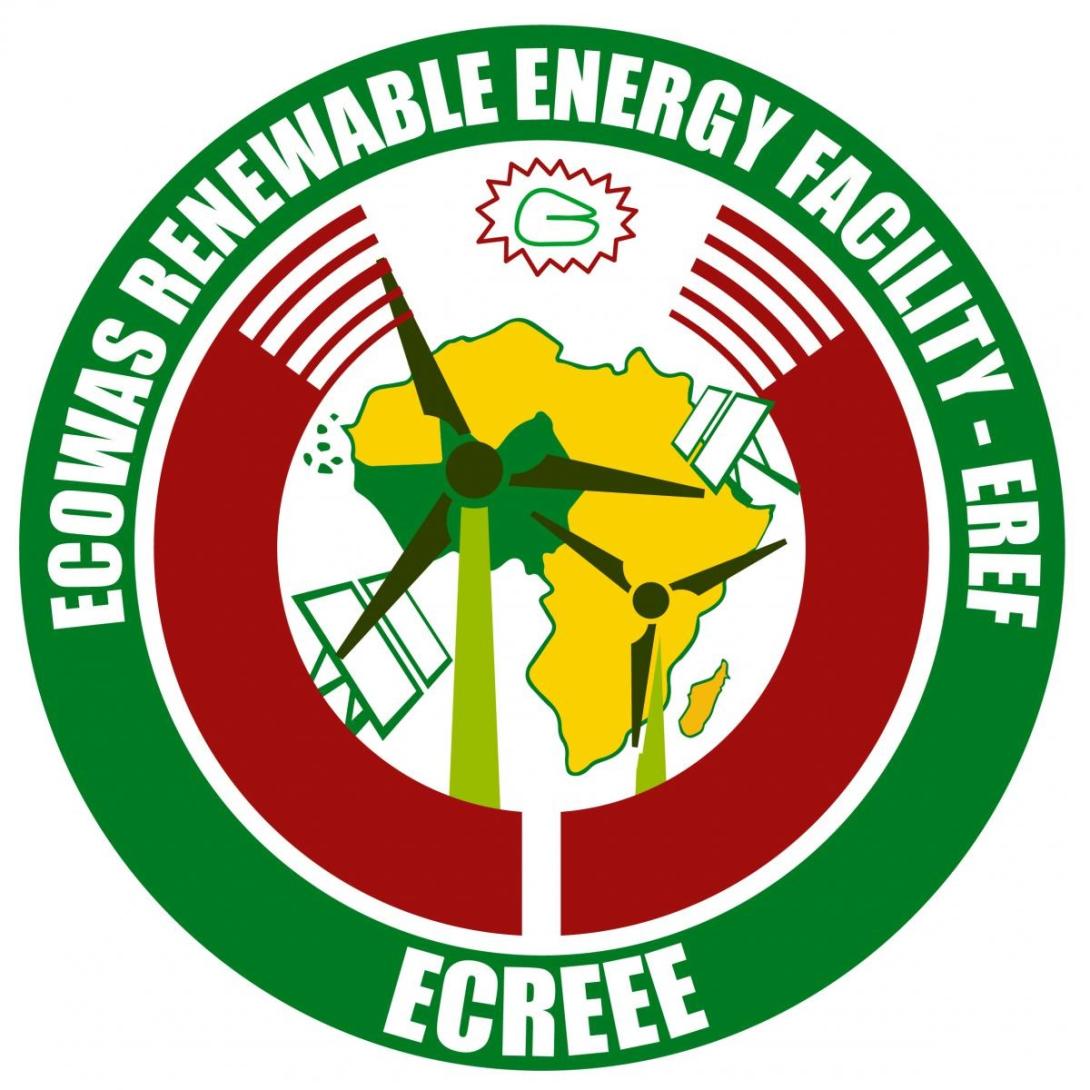
The following video showcases some of the results and impacts of the ECOWAS Renewable Energy Facility (EREF) for peri-urban and rural areas. The EREF is an interesting example showcasing the benefits of regional cooperation within the Global Network of Regional Sustainable Energy Centers (GN-SEC). In 2011 the ECOWAS Centre for Renewable Energy and Energy Efficiency (ECREEE) created the Facility with technical assistance of the United Nations Industrial Development Organization (UNIDO) and financial support of the Austrian Development Agency (ADA), the Spanish Agency for International Development (AECID) and the United States Agency for International Development (USAID).
The Facility undertakes regular call for proposals and provides grant financing to small to medium sized renewable energy and energy efficiency projects and businesses in rural and peri-urban areas. So far the EREF has implemented three calls and is supporting more than fifty rural energy projects.
The establishment of the EREF was a response to the severe energy crisis of the rural population in the Economic Community of West African States (ECOWAS). In 2010 only 42% of the estimated population of 300 million had access to modern, affordable and reliable electricity services. It is projected that by 2030 the ECOWAS population will reach 500 million. The EREF sizes the market opportunities created by the rapidly reducing technology costs and increased reliability and availability of renewable energy stand-alone and mini-grid systems. In many rural locations decentralized renewable energy solutions have become the more competitive option in relation to diesel generation and grid extension.
The EREF responded also to the lack of national and international support modalities and funding instruments for rural renewable energy market development. Therefore, through a regional approach the Facility contributes to market development, equal progress and harmonized standards between countries, joint learning and knowledge exchange. It also strengthens the capacities of Member States to establish similar support schemes and modalities on national levels.
The EREF contributes directly to the achievement of the ECOWAS Renewable Energy Policy (EREP) which aims at providing universal access to electricity services and sustainable cooking services by 2030. In the regional policy the ECOWAS region has set a clear target to increase the share of renewable energy in the region’s overall electricity mix to 10% in 2020 and 19% in 2030. Including large hydro, the share would reach 35% in 2020 and 48% in 2030 (% of peak load). Around 25% of the rural ECOWAS population will be served by mini-grids and stand-alone systems by 2030.
In this moment, the Facility is in the second operational phase which foresees the broadening of its portfolio towards more complex financial instruments and support modalities. Currently, the EREF is being up-scaled through the Regional Off-Grid Electrification Project (ROGEP) funded by the World Bank and its Lighting Africa Program. The project has a volume of around USD 200 million grant and loan financing and will be implemented in partnership with ECREEE and the West African Development Bank (BOAD). ROGEP primarily seeks to promote a harmonized regional market that provides the incentive for the proliferation of stand-alone solar equipment (e.g. solar lanterns, solar home systems, solar water pumps, solar milling equipment, etc.) to homes, business, and communities without access to electrical grid infrastructure.
ROGEP will create a mechanism to access debt financing through BOAD for private sector companies supplying off-grid solar technology solutions. In addition, ECREEE will provide enabling support in the areas of policy, legislation, standards, qualification and certification, knowledge exchange on technology innovations and business models. In line with the EREF model, ECREEE will also operate a facility providing financial and technical support to solar start-ups in the region.
